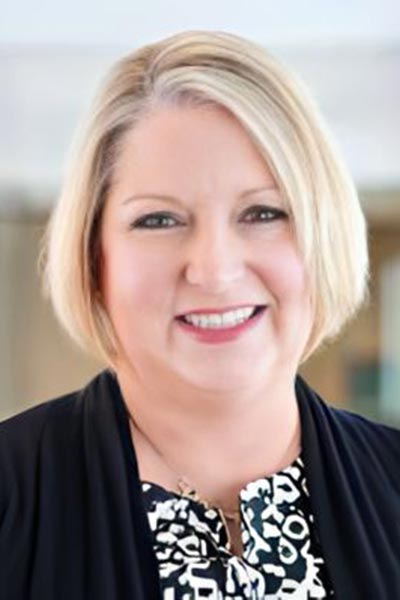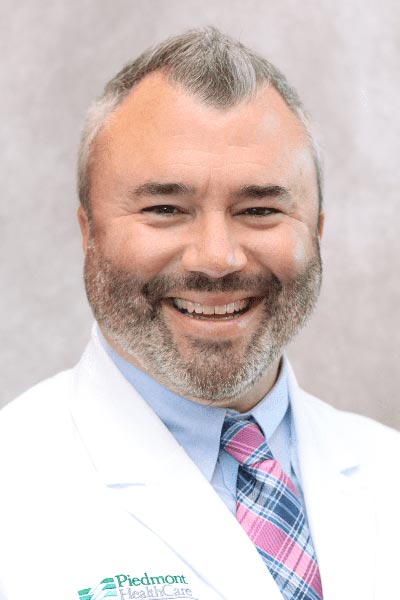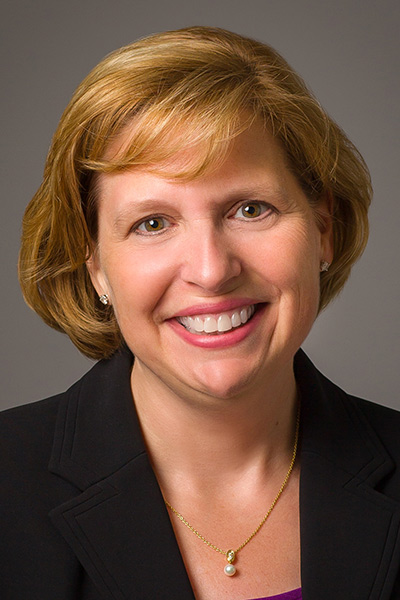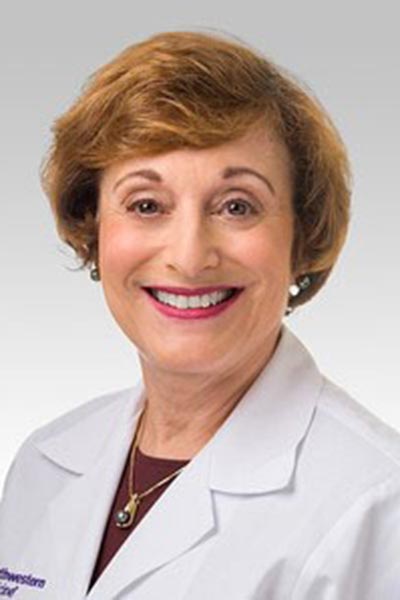At ACR Convergence 2022, ACR Workforce Solutions Committee Chair Daniel Battafarano, DO, outlined the work of the committee and the types of projects committee members will undertake in the coming months and years to improve the practice of rheumatology for providers and patients.
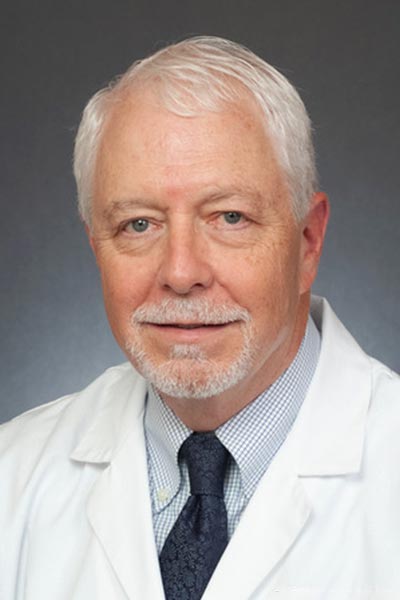
Dr. Battafarano, Adjunct Professor at the University of Texas Health Sciences Center-San Antonio, opened the session Finding Solutions to the Rheumatology Workforce Shortage on Saturday, November 12, by defining the impact of the adult and pediatric rheumatologist workforce shortages on the practice itself.
“The Association of American Medical Colleges estimates a shortage of as many as 139,000 physicians by 2033,” Dr. Battafarano said. “The potential shortage of medical specialists will increase competition for rising fellows, and a shortage of primary care physicians could further increase specialty referrals.”
The session is available for on-demand viewing for registered ACR Convergence participants through October 31, 2023, on the virtual meeting website.
Dr. Battafarano said the Workforce Solutions Committee looked at national rheumatologist distribution numbers in the U.S. by dividing the country into nine regions. He then drilled down to specific data in the South Central region encompassing Texas and Oklahoma.
“We are coming from a little bit above to tell you how we analyzed our regions and tell you why we’re promoting what we’re promoting,” he said. “It’s based on knowledge and data. And that’s what’s driven us, not just pie-in-the-sky ideas about workforce solutions.”
The committee has developed five workforce intervention teams focused on coordination and oversight for training, recruitment, and sustainability. Under those, individual project teams are responsible for developing, funding, and implementing initiatives for workforce solutions.
A panel discussion with details about team projects followed Dr. Battafarano’s presentation. Jennifer Moody, Partner, ECG Management Consultants, moderated the discussion, which had five participants:
- Colleen Correll, MD, MPH, Assistant Professor, University of Minnesota
- Sean Fahey, MD, Adult Rheumatologist, Piedmont Healthcare
- Beth Jonas, MD, Distinguished Professor of Medicine, University of North Carolina at Chapel Hill
- Janet Poole, PhD, OT, FAOTA, Occupational Therapist, Professor, Division Chief, and Director of the Occupational Therapy Graduate Program in the Department of Pediatrics, University of New Mexico School of Medicine
- Rosalind Ramsey-Goldman, MD, Professor of Medicine/Rheumatology, Northwestern University
Dr. Jonas said one of the issues contributing to the shortage is that there is interest in rheumatology among medical students but not enough training slots. One of her goals is to work toward developing new fellowship programs and looking at programs that can expand.
“We leave about 100 people on the playing field each year who want to become rheumatologists,” she said. “It’s competitive. We have people who need rheumatologists and people who want to become rheumatologists, and we have a bottleneck.”
Dr. Fahey said it is important to educate primary care colleagues and community health advocacy groups on how to get patients to rheumatologists when needed, and then to get those patients access to medication and copay assistance.
“Even when we’re able to get someone on the right treatment and they’re stable, the end of the year comes and it’s time for a new formulary or tier,” he said. “We need to find ways to partner with payers and pharmacy benefit managers so we’re all on the same page in a transparent manner to keep our stable patients stable.”
Dr. Ramsey-Goldman said about 10 percent of adult rheumatologists and current rheumatology fellows identify as underrepresented in medicine, and there are similar statistics in pediatric rheumatology. Several programs exist to address diversity, equity, and inclusion issues, including programs working with historically Black colleges and universities and other minority-serving institutions.
“We are really looking hard at how to prime this pipeline so that we can improve diversity,” she said.
Moody reinforced the committee’s commitment to promoting the value of rheumatology through a multitude of interventions.
“There isn’t just one concept that carries the load; all these solutions layer on top of one another,” she said. “And all of these interventions can have long-term and sustainable impact.”
Register Today for ACR Convergence 2025

If you haven’t registered for ACR Convergence 2025, register today to participate in this year’s premier rheumatology experience, October 24–29 in Chicago. All registered participants receive on-demand access to scientific sessions after the meeting through October 31, 2026.

